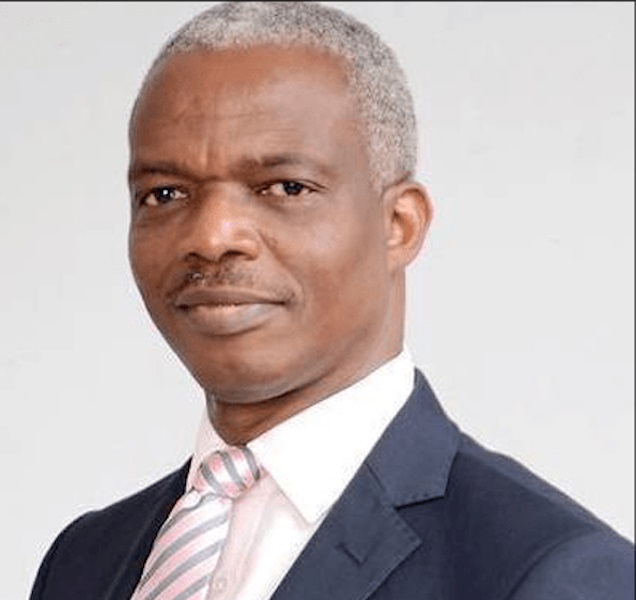Barring any unforeseen circumstances, members of President Muhammadu Buhari’s newly constituted Economic Advisory Council (EAC) would hold their inaugural meeting this weekend.
A source in the presidency stated that the meeting would hold in Abuja.
According to the source, after the EAC’s inaugural meeting, members of the council would meet with the president on Tuesday to brief him on the outcome of their meeting and possibly offer some recommendations.
The president had about a fortnight ago, constituted an eight-member EAC to replace the Economic Management Team (EMT).
A statement by Special Adviser to the President (Media & Publicity), Femi Adesina, had said the newly constituted council, chaired by Prof. Doyin Salami, would report directly to the president.
Other members of the council are Dr. Mohammed Sagagi (Vice-Chairman), Prof. Ode Ojowu, Dr. Shehu Yahaya, Dr. Iyabo Masha, Prof. Chukwuma Soludo – Member, Mr. Bismark Rewane and Dr. Mohammed Adaya Salisu, Senior Special Assistant to the President, Development Policy, who will serve as secretary.
The statement had said: “The Economic Advisory Council (EAC) will advise the president on economic policy matters, including fiscal analysis, economic growth and a range of internal and global economic issues working with the relevant cabinet members and heads of monetary and fiscal agencies.
“The EAC will have monthly technical sessions as well as scheduled quarterly meetings with the president. The chairman may, however, request for unscheduled meetings if the need arises.”
A member of the EAC, Soludo, had on Tuesday proposed strategies that would help catalyse economic transformation in Nigeria and make the country less reliant on oil.
Soludo had stressed the need for institutional rearrangement that would make the Nigerian economy sustainable. This, he said should focus on the political, legal and governance institutions.
He explained that such institutional restructuring was necessary to grow the nation’s economy, considering the population challenge Nigeria would face between the next 30 and 80 years when the population of the country would have risen to about 400 million and 752 million respectively, thereby throwing huge socio-economic problem for the country.
Soludo stated this in Lagos at the 2019 Platform, an annual non-denominational conference organised by the Covenant Christian Centre.
According to him, since 1962, Nigeria has implemented several national economic plans to diversify the economy away from oil without achieving desired result.
The former CBN Governor had said: “You can’t build a 100 storey-building upon a foundation of an old bungalow. A post-oil economy requires that all agents maximise their fullest potential, and what is required will be a national rather than a federal response.”
According to Soludo, the economic restructuring strategy of the future entails thinking through the alternative future scenarios and mapping out alternative possible proactive responses.
“Nigeria has signed the African Continental Free Trade Agreement (AfCFTA). Insularity won’t be an option. The name of the game of the future in an increasingly integrated world is innovate/compete or die.
“Let’s break it down. Economic restructuring of the future is about positioning Nigeria to compete and win in an increasingly complex world thereby guaranteeing the security, prosperity and happiness of the 400 or 752 million Nigerians, in a world without oil.
“It will require deploying a gamut of legal-regulatory-governance regimes, macro and sectoral policies and programmes to alter the spatial/geographical concentration of economic activities, structure of production from primary to industrial and post-modern service sectors, from peasant to commercial agriculture, from exhaustible natural resources to renewable and dynamic human resource as engine of sustainable development; etc,” he added.
In addition, Soludo noted that with a current GDP of about $400 billion (down from $540 billion) and negative per capita income growth (with rising unemployment and poverty), the restructuring of the future would entail transformational changes to generate and sustain broad-based growth of at least seven per cent, (from recent one to two per cent) required for poverty reduction and employment generation.
Source: THISDAY










